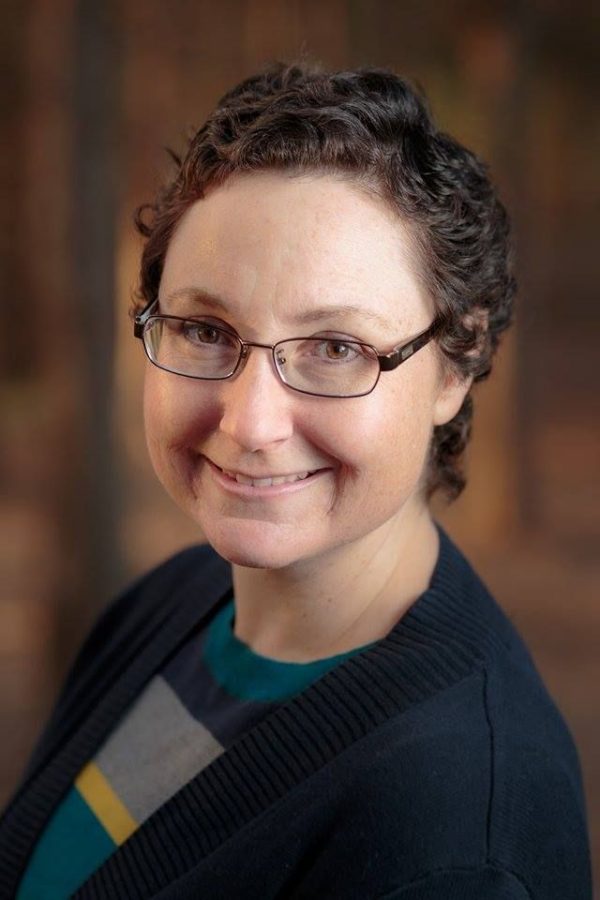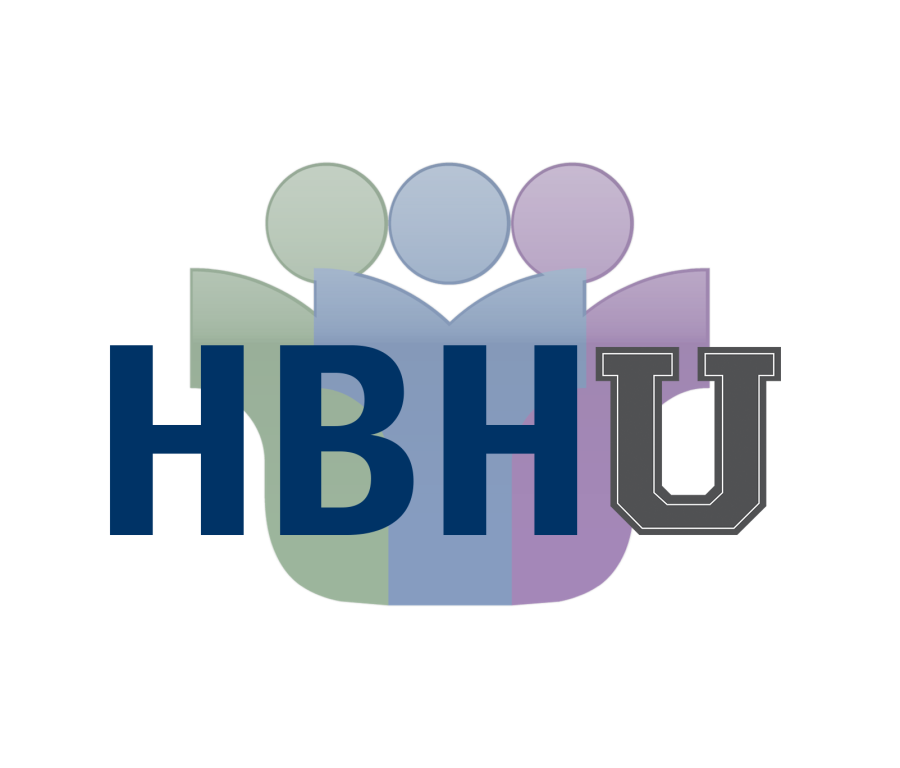University of Massachusetts Boston researcher Jessica Whiteley, principal investigator on the Healthy Body Healthy U (HBHU) project, is conducting a new study that uses social media to promote healthy body weights among UMass Boston undergraduates on campus.
“This is to try to provide health information to students in a way that is very compatible with things that they are already doing,” Dr. Whiteley says. “Most students are already on Facebook, most students are already texting.”
The HBHU project, funded by NIH, is a five-year randomized controlled trials research study. Individual participants will stay in the program for 18-months,. during which time participants will receive information on topics related to having a healthy body weight via Facebook and text messaging—all at no cost to participants.
“One of the things we know in the world of weight loss programs is that short programs don’t tend to work in the long-term,” she adds. “People might lose weight but they do not maintain the weight loss.” She explains that HBHU is designed to provide the program over 18-months in an attempt to help with learning and maintaining healthy behaviors that are related to a healthy body weight.
“We are not doing a quick fix,” she adds. “It is not about changing people’s appearance, rather it is about make people healthy and strong .”
The program has modified an existing, evidence-based weight loss program for the student population, taking into account that students are often very busy, juggling school, work, families and friends and deliverying via social media rather than in in-person groups. . According to Dr. Whiteley, in a preliminary study conducted at Temple University, Associate Professor in the Department of Prevention and Community Health at George Washington University (GW) Melissa Napolitano and her colleagues found that students who received messages and personalized feedback via Facebook and texts lost an average of 5.3 pounds in an eight-week period.
HBHU study project is brought to UMass Boston thanks to a partnership with George Washington University (GW). Dr. Napolitano and her colleagues at GW plan to recruit 225 overweight undergraduate students (determined by their body mass indexes) from at GW, and Dr. Whiteley will also be recruiting 225 undergraduate students to enroll in the technology-based program for 18 months.
Students enrolled in the HBHU program will be randomly assigned to one of three groups. Two will focus on weight loss, and the third will promote three pillars of health: having a healthy mind, body and energy.
All participants will enter a private UMass Boston Facebook group, where program leaders will post two videos per week. “Each of those focus groups will have its own Facebook page,” says Dr. Whiteley. One video will feature a lesson led by a health coach who is also a student and personal trainer while the second will show a student displaying the behavior or habit in action, such as making a healthy meal, managing stress, or completing an exercise.
Dr. Whiteley explains that the group members will participate in polls and discussions, so the researchers can cater the program to users’ specific needs. The researchers also will send participants at least one text message daily to offer health tips and track behavior.
“One of the reasons we are doing this study is because students tend to have less access to information about healthy eating and physical activities,” states Dr. Whiteley. “Our wellness resources might be full of information relating to alcohol and drug abuse but there is barely anything about healthy eating, physical activity and maintaining a healthy body weight [sic].” She continues to say that obesity and being overweight are issues that also need to be addressed as students transition into adulthood.
Dr. Whiteley claims that UMass Boston HBHU research team not only reflects the diversity on campus, but also consists of members across the interdisciplinary fields of sciences. “We want to understand and tackle the issues from every angle,” she says.
Members of the HBHU research team include Laura Hayman, a nursing faculty member and Co-Investigator on the HBHU project and the Associate Vice-Provost for Research at UMass Boston; Denise Aske, MPH, HBHU project coordinator.
There are three undergraduate research assistants and two graduate student research assistants on the project: Breanne Dowdie, a Masters candidate in the Department of Exercise and Health Sciences; Heather Harker Ryan, a Doctoral candidate in the Department of Nursing.
Kadian Edobor, Undergraduate Research Assistant is a biology major in the College of Science and Mathematics, is one of the three undergraduate research assistants.
To determine if you are eligible for the the HBHU Research Study, click here. Their office is located on the 3rd floor of the Wheatley building in Suite 154 in Rooms 11 and 19. They can be reached at 617-287-7498 or at [email protected]
“I am hoping that students are excited about it,” says Dr. Whiteley. “It is a program offered free of charge, and also people will be compensated up to $150 for providing their information to us over the 18 months period of the study.”
Participants must be undergraduates between 18-26 years of age. Click here to see if you are eligible
The Healthy Body Healthy U project is conducting a study that uses social media to promote healthy body weight.






















































